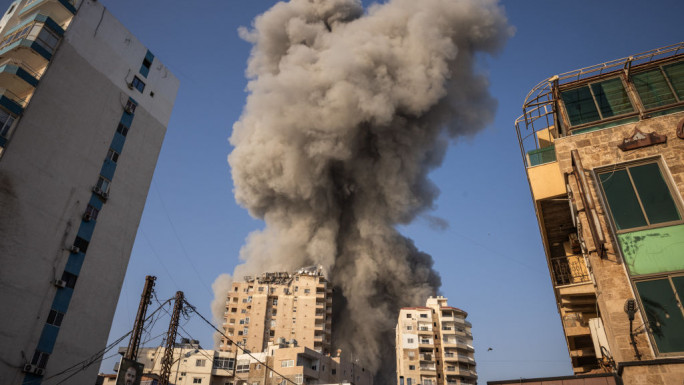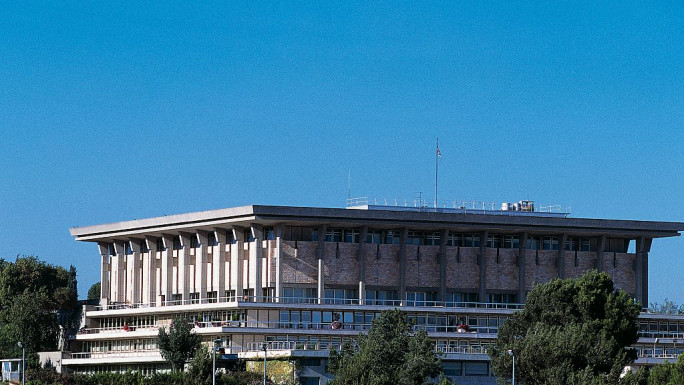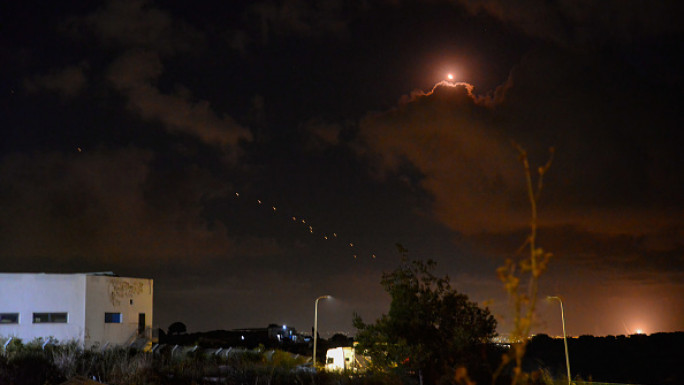NGOs call for rejection of IHRA's anti-Semitism definition in US county
On a rainy Monday evening at the Montgomery County Council in Maryland, located near Washington, DC, a group of NGOs held a press conference calling on the Council to reject the International Holocaust Remembrance Alliance's definition of anti-Semitism, which would include criticism of Israel, and to hold a community meeting.
"We're taking a stand against the IHRA definition of anti-Semitism," Henna Saloom, an organiser with MD 2 Palestine, told The New Arab, noting that they are joined by nearly 40 other groups, which represent Jews and Christians.
"It was very important for us to make that statement collectively," she said.
The IHRA's definition of such hate speech has been in contention ever since it was put forth at the organisation's plenary in Bucharest in 2016, having been adopted by national and local governments and institutions around the world. Montgomery County in Maryland is one of the latest examples.
On its website, the IHRA states, "Antisemitism is a certain perception of Jews, which may be expressed as hatred toward Jews. Rhetorical and physical manifestations of antisemitism are directed toward Jewish or non-Jewish individuals and/or their property, toward Jewish community institutions and religious facilities."
It goes on to say, "Manifestations might include the targeting of the state of Israel, conceived as a Jewish collectivity. However, criticism of Israel similar to that levelled against any other country cannot be regarded as antisemitic."
The apparent ambiguity of the IHRA's anti-Semitism definition has led to reinterpretations of the definition around the world, which tend to focus on the first sentence of its explanation.
Since July, the Montgomery County Council has been negotiating a resolution that would use what many see as an anti-Palestinian language to conflate criticism of Zionism and the state of Israel with anti-Semitism.
This led to multiple closed-door discussions on revising the resolution, excluding local Palestinians, who could be most affected by its implementation.
Though Montgomery County represents only one local area, it is not the first, and activists worry the resolution's implementation could inspire similar moves elsewhere.
They are concerned it could stifle free speech for Palestinians and those who support Palestinians, as the resolution encourages the police department to create a tracking mechanism that targets students, teachers, county employees, and community members for political speech; in addition, it could affect funding for NGOs, according to a statement by the Council on American-Islamic Relations.
"It's a highly controversial and divisive resolution," said Shraim. "Our coalition has been working hard to see how big of an issue this is."
"We also feel that it's important for members of the Jewish community to be part of the conversation," she added.





 Follow the Middle East's top stories in English at The New Arab on Google News
Follow the Middle East's top stories in English at The New Arab on Google News


